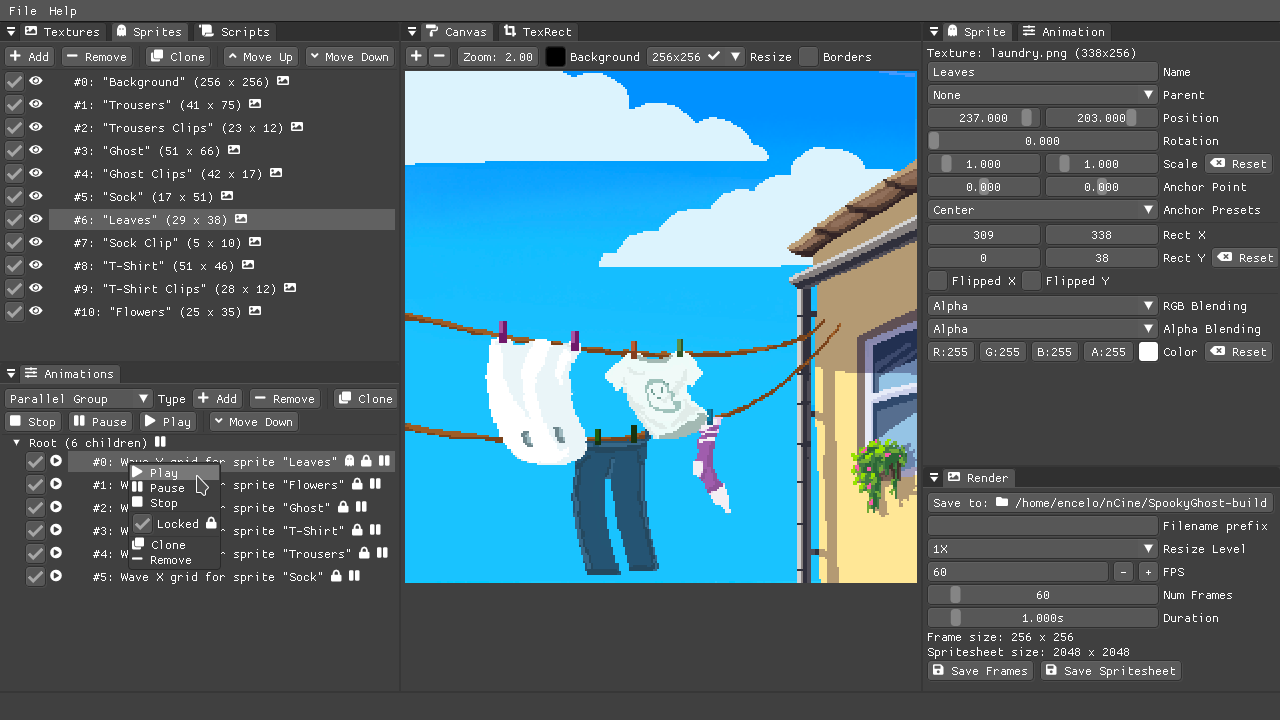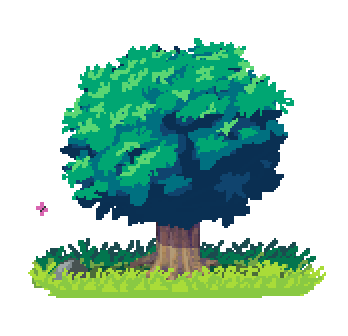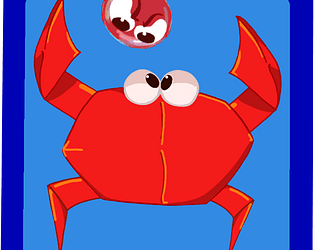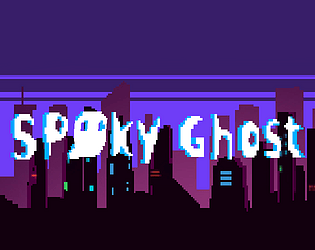Thank you for using it. 😉
Encelo
Creator of
Recent community posts
Unfortunately I don’t have a Mac, so I have limited possibilities for testing. :(
But you can download the GitHub Actions version that has been built on an AppleSilicon machine, you can find it here: https://github.com/SpookyGhost2D/SpookyGhost-artifacts/tree/SpookyGhost-master-macos14-appleclang
Let me know if it works!
I tried to create a fat binary with CMake in the past, while running my tests on GitHub Actions (a super slow and tedious process), but I didn’t manage to make it work.
At the moment I provide an Intel only version built on macOS 12 and an AppleSilicon one built on macOS 14. I hope this is a good enough solution for the time being or until I buy an AppleSilicon machine for building and testing. :)
I have never played your game back in the day, but I remember another TaskForce game for the Amiga that I played a lot. It was created by Jens Granseuer, which is also the author of Crimson Fields.
SpookyGhost is quite a flexible and powerful tool, but it can be daunting sometimes. 👻
To learn how to use it, don’t forget to check the online documentation. 📖 Have also a look at the short tips appearing every time you open the program, they might teach you new tricks about the interface!
If you prefer a video to grasp the basics check this wonderful tutorial from Slime:
Or have a look at the coverage video made by Games From Scratch:
And don’t forget to join our Discord server to talk with our artists community!
You need to build the nCine from master as a static library and with the docking ImGui branch by using the following CMake options: -D NCINE_DYNAMIC_LIBRARY=OFF -D IMGUI_VERSION_TAG=docking.
Have a look at how GitHub actions build the artifacts by studying the workflow scripts: https://github.com/SpookyGhost2D/SpookyGhost/tree/master/.github/workflows
Let me know if you still have problems and join our Discord server for more help. ;)
Hi Clay, unfortunately there is no documentation for the save file, you need to read the serialization code. 😞 You can always ask me more questions here or on Discord.
Regarding the ability to call SpookyGhost to load a project and render frames automatically, I have in mind to create a batching automation API in Lua and maybe some CLI options, but this is not done yet.
Hi Max_Py81,
That’s a very strange behavior that I have never seen. Can you add more information? Like the operating system you are using and the options you utilize to export. Maybe you are trying to export in a directory you can’t write? Or maybe you are specifying too big dimensions?
You can come on our Discord server and further comment the issue you are experiencing, as well as post a video to help me understand the context.
Thanks!
Hi AndroItch and thank you for your feedback.
Unfortunately what you are experiencing is common to many “home-made” software that do not have a certificate. For the time being I don’t see any other workaround to going beyond the pop-up as you did. In the future I might consider buying one of those certificates for both Windows and macOS.
Angelo

SpookyGhost, my procedural animation tool for 2D sprites, is now free and open source!
Starting now there is no more a demo version and the source code is released on GitHub under the MIT license.
You can use it for your commercial projects and never have to pay anything.
I have also added many new features and fixed some bugs. Have a look at the latest devlog for more information.
Join the Discord server to chat with other members of the community.

I have just published a demo of SpookyGhost and I’m looking for feedback.
With SpookyGhost you will be able to animate multiple sprites procedurally and then export the animation frames.
Some of its features:
- Parent-child relations between sprites for advanced transformations
- You can create animation groups and play them in parallel or sequentially
- Unlimited canvas size with custom background color
- Tuneable shift, scale and speed for animations
- Multiple easing curves and loop modes
- Export frames as single images or as a spritesheet
- Use the mouse to select a rectangular region of a texture for your sprite
- Use the mouse to set the anchor point for grid deformation animations
- Native version for Windows and macOS
- Coded in C++ for maximum performance and efficient memory use
Have a look at this video for an example of what it can do: https://www.youtube.com/watch?v=iqxX3VTt39o
The demo has no limitations at the moment. You can find it here: https://encelo.itch.io/spookyghost
The engine can now target the web through Emscripten. You can read more about the port in the latest development update and try the web tests on the project site.
You are right, there is no iOS port planned at the moment.
The examples are mostly functionality tests or very small projects that just have a learning purpose. A real game would be a nice way to gain attention and I hope that releasing the sources would extend its user base and, with a bit of luck, extend the number of games and projects that use it. :)
The nCine source code and related projects have been released on GitHub under the MIT license at https://github.com/ncine just some days ago.
- Itch.io: https://encelo.itch.io/ncine
- Website: https://ncine.github.io
- Twitter: https://twitter.com/nCine2D
- Dev Updates: https://encelo.github.io/tags/#nCine
nCine is a multi-platform 2D game engine written in C++11 that runs on Linux, Windows, macOS and Android. The work started eight years ago, in June 2011, and has continued since.
It features a fast sprite blitter with automatic batching (that can also render particles, animated sprites or mesh based ones), music streaming and sound effects, Lua scripting, integration with ImGui, RenderDoc and Tracy, high-performance custom made templated containers, bitmap font rendering with kerning, joystick support with gamepad mappings, multi level logger and more.
You can have a look at the gallery or read more about its features on the website.
Dependency libraries for PC and Android can be easily compiled from sources with a set of custom CMake scripts.
Some of them are libogg, libvorbis and OpenAL-soft for sound, SDL2 and GLFW for window and input, libpng and WebP for images (but many GPU compressed formats are supported too) plus OpenGL 3.3 and OpenGL ES 3.0 for rendering.
The development takes place mainly on Qt Creator and ArchLinux with the help of a whole set of additional open source tools like CMake, cppcheck, Valgrind, Doxygen, GraphViz, clang-format, Google Test, gcovr and Google Benchmark.
Additional developing tools are RenderDoc, apitrace and Tracy.
On GitHub you will find the engine, a Pong example project, a particle editor, the CMake scripts for compiling the dependencies, the data sets, the Jekyll website and the continuous integration artifacts.




